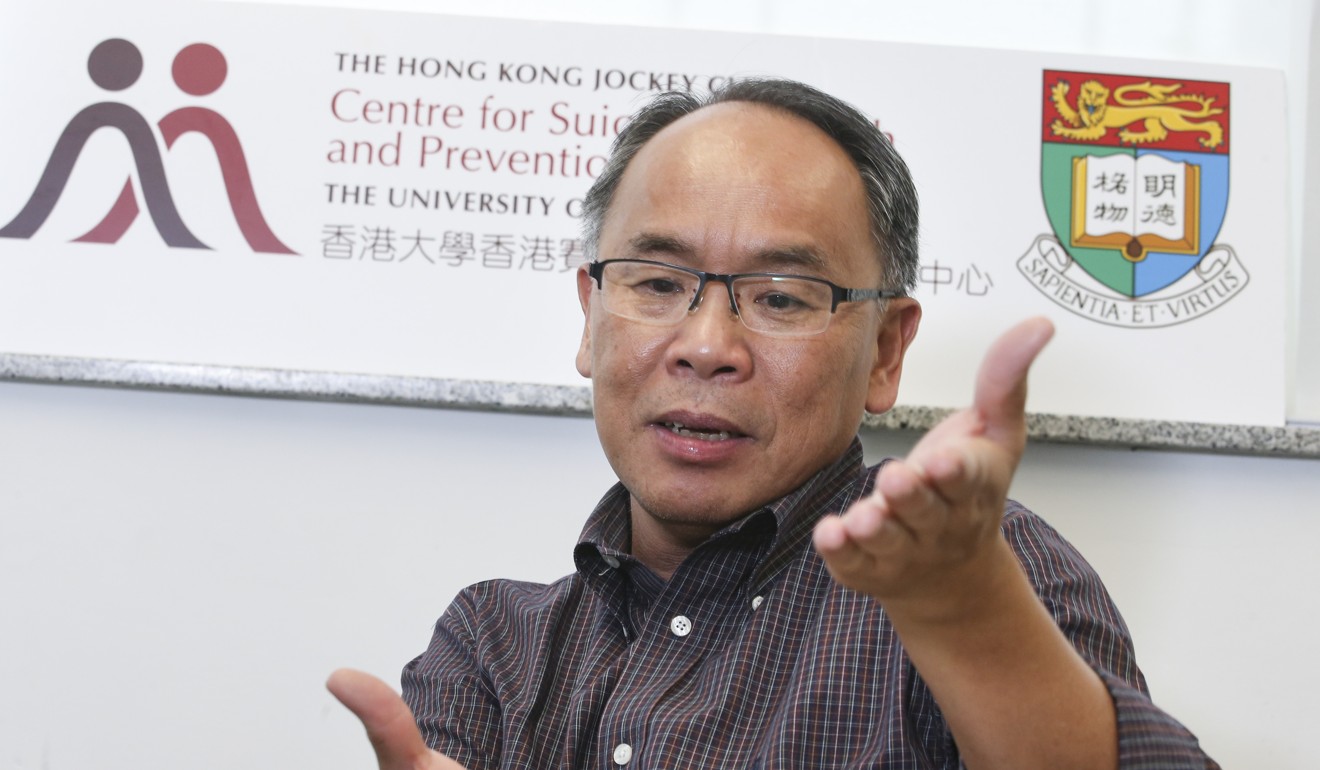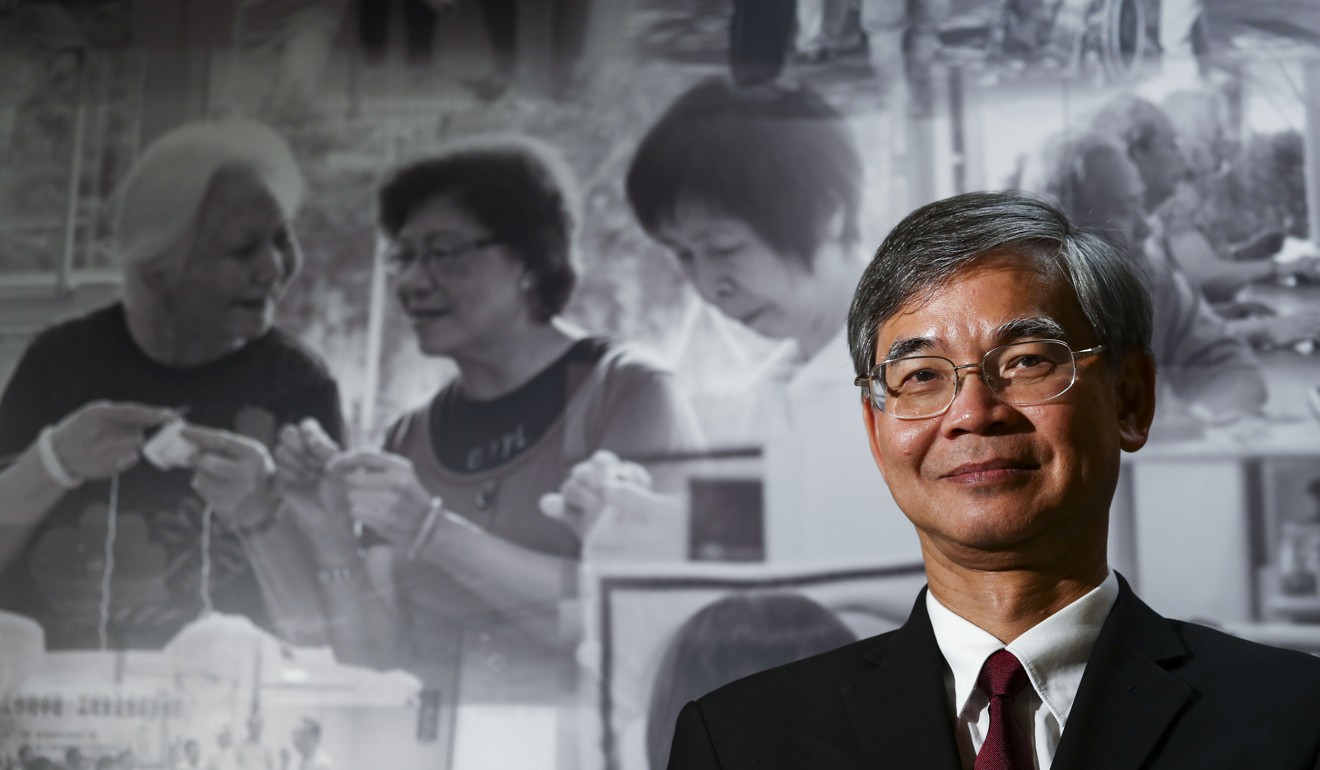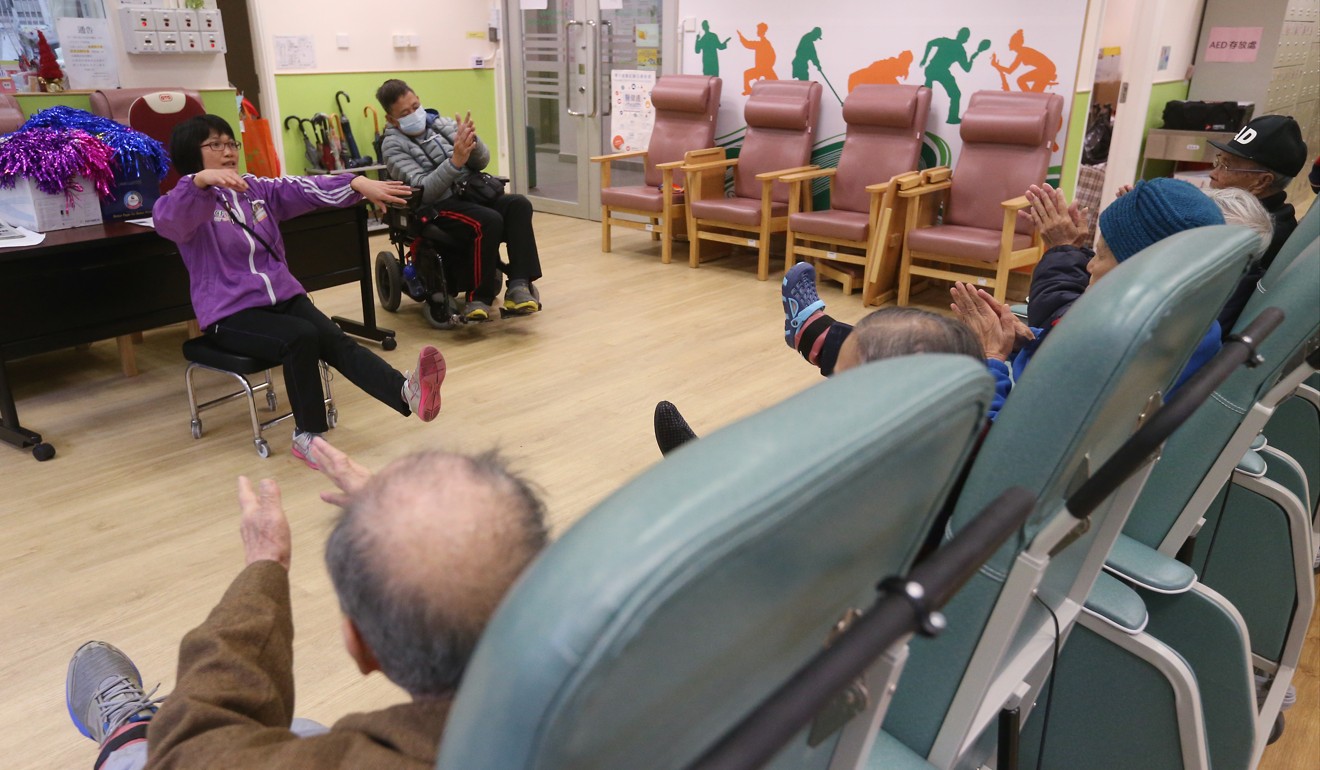
Give older people more opportunities if you want them to stay in work, experts tell Hong Kong government, in wake of welfare payment controversy
- Eligibility age for elderly CSSA payments was to be increased from 60 to 65, intended to encourage people to keep working because of improvements to life expectancy
- Leader Carrie Lam announced new monthly cash allowance after lawmakers across the political divide urged her to scrap the initial policy
Hong Kong officials need to create more opportunities and policies to help less educated people aged 60 to 64, if the government wants to encourage them to keep working, two social welfare experts have said.
Officials announced earlier in January that the eligibility age for elderly CSSA payments would be increased from 60 to 65 on February 1.

It prompted pro-establishment lawmakers to join forces with their bitter rivals in the opposition camp to pass a symbolic motion urging Lam to scrap the unpopular move last Thursday.
Lam and Secretary for Labour and Welfare Law Chi-kwong previously said the change was intended to encourage people aged 60 to 64 to keep working, as Hong Kong people’s life expectancy had improved.
Welfare payments barely enough to survive, Hong Kong activists say
Wong, a veteran researcher in social welfare policy, said increasing the age threshold for monthly welfare payments was tantamount to punishing people aged 60 to 64 for not working.
“You don’t encourage people by punishing them. Just like you would not punish couples for not giving birth to more babies, if you want a higher fertility rate,” he said.
City Beat: Welfare row provides chance to talk about needy ‘silver workers’
Yip, a chair professor of population health, also said officials needed to realise it was not that easy for older people to find jobs.

“Residents aged 60 to 64 might not be welcomed by employers even if they want to work, because it is more expensive to insure them,” he said.
“Furthermore, in that age group, 37 per cent have only a primary education background. Are there that many job opportunities for them to choose from?” Yip said.
Among those aged 55 or above in Hong Kong’s workforce in 2016, 47 per cent had only a primary school education background or lower.
Wages for Hong Kong’s women and elderly so low they can hardly afford lunch
The professor said the government should learn from authorities in Singapore, which have been training those aged 60 to 64 to take care of elderly people. It should also make better preparations as the city’s population ages, he said.
Writing on his official blog, welfare secretary Law said Hong Kong would need about 46,000 subsidised places for the elderly in 2026.

However, he said even though the government had been trying to build more subsidised elderly homes and seek help from private operators, only about 40,000 such places would be available by then – 6,000 to 7,000 short of the target.
“The Labour and Welfare Bureau and the Social Welfare Department will continue to work hard to finding land to build 62 to 70 more elderly homes,” Law wrote.

